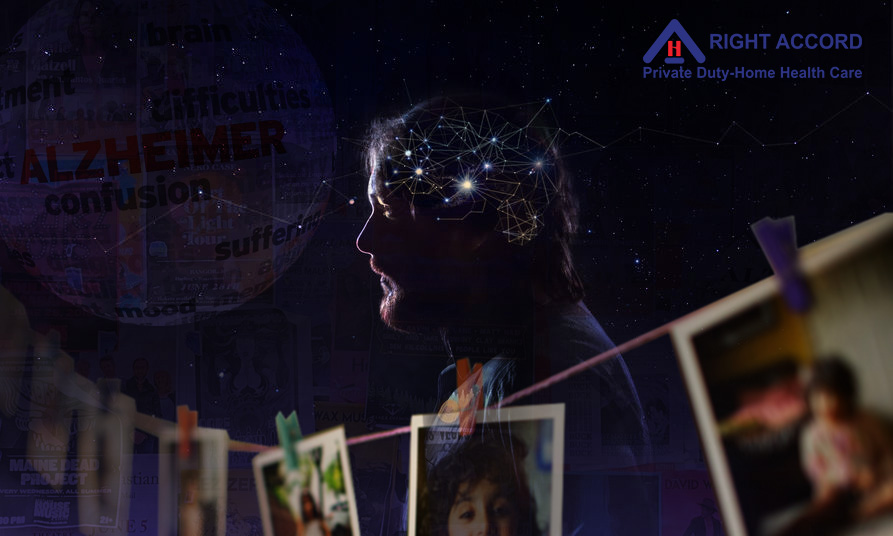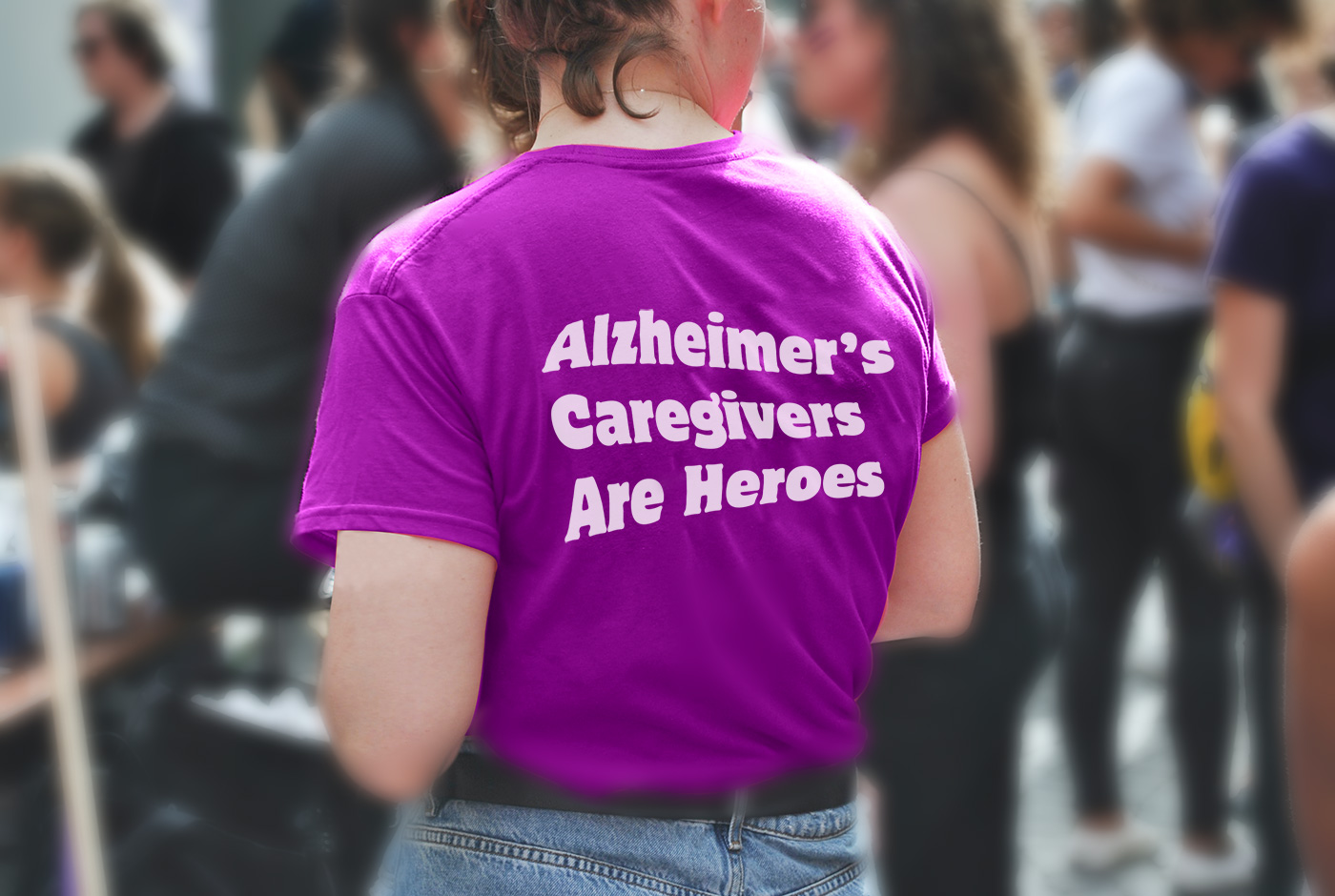· 7 min read
8 New Ways to Protect Yourself and Elderly from Alzheimers Disease
Alzheimer's is termed as a condition of public health concern that affects the elderly. Here's the 8 new ways to protect yourself from this brain degenerative disease.

By: Rosemarie Tamunday Casanova — RN, BSN, MHA
Approximately 50 million people around the world have Alzheimer’s disease - the worlds leading cause of dementia, affecting up to 60% of all people with dementia. About 5.5 million of these live in the United States of America. Globally, the management of people living with Alzheimer’s costs about $800 billion every year.
Because it is a disease condition of public health concern, Alzheimer’s is deserving of a seat on the conversation table. Therefore, June has been set apart for the awareness of this disease condition and to discuss the importance of keeping the brain healthy.
What is Alzheimer’s disease?

Alzheimer’s is termed neurodegenerative and this is because it causes a gradual destruction of the neurons in the brain. This gradual destruction leads to loss in memory among other presentations. Alzheimer’s is mostly seen in the elderly although there are rare cases of early onset Alzheimer’s seen in people younger than 65 years.
As the number of the aging population continues to rise as a result of better living standards and improvements in medicine and science, the number of people living with Alzheimer’s is also expected to rise further.
As memory loss progresses, people with the condition tend to forget basic things such as their name and address or even fail to recognize familiar faces like members of their household. Other symptoms of Alzheimer’s include the following:
- Problems with attentiveness
- Difficulty in abstract thinking
- Apathy to activities they previously found interesting
- Delusions
- Mood swings and aggression. This is usually caused by the confusion and sometimes frustration brought on by not remembering anything.

Photo by Laura Louise on Unsplash
In this month’s awareness, we have been tasked to go purple. The June awareness month is to help us provide opportunities and avenues to spread the understanding that Alzheimer’s and other kinds of dementias are public health problems. And like any other health condition, it should be talked about and understood. It is in doing so that we can prevent its predominance and also effectively be of help to those who have it. To show your support, you can put on purple which is the color for the awareness month. There are multiple ways to lend a hand in any environment you are in and within any capacity.
Here are ways to help…
Educate staff and colleagues
When at work, create a session and time out for a conversation with your staff, employees and colleagues on this subject. You might be surprised that someone among the group may know someone living with Alzheimer’s and may have a story to tell or a challenge that they need help with.
Utilize social media space
Different groups will be dolling out ads and online posters to help with information on the disease and its awareness. These materials can help make the job easier for you as you can share them on your social media space for others to benefit from.
Decorate purple
At the workplace, you can make creative decorations with inscriptions that tell in a flash what the awareness is about and raise curiosity in people to want to find out more about it. At this point, feel free to share whatever knowledge you have gathered on the subject or hand out flyers.
Go on purple
As mentioned earlier, the entire staff can decide to go on purple for the day. The new uniform sends a message to others. Where possible, appropriate awareness quotes and inscriptions can be used to design the purple uniform so the message is passed at a glance.
Neighborhood campaigns
Street walks and marches can be organized in your neighborhood and places of public gathering such as parks and malls. This is one place you and your team can get creative with the awareness campaign. Music and refreshments are not out of order too. Spice things up.
Host an event
You can make use of workplaces, schools or town halls to host a purple-themed event. Invite friends, families and the entire neighborhood as well. A health professional can come in handy to help talk about the condition and make it understandable to everyone.
Donate to the cause
Currently, Alzheimer’s disease can only be symptomatically managed. There is no established cure for the disease. However, medical science is relentlessly working on the subject and there are multiple ongoing researches and projects with the sole goal of eventually finding a cure. Research is fueled by funds and you can be a part of the multiple donors who are contributing to make sure that the near future will be one with a cure for the disease. Seek credible organizations and bodies that collect donations for this purpose and be a part of history.

How to protect yourself from Alzheimer’s
The cause of Alzheimer’s disease is not known for certain. However, the mechanism by which it occurs is understood. Furthermore, there are known risk factors that increases one’s chances of having Alzheimer’s. Here are some things you can do to help reduce the odds of you suffering for Alzheimer’s in the future.
Stump out the sticks
Smoking, amongst other numerous health risks, increases your chances of having Alzheimer’s. Cigarette smoking exposes you to over 4000 chemical toxins and some of these are a danger to the brain cells.
Keep flipping pages
One of the best ways to keep the brain from dying is to regularly keep it engaged. Make a habit of learning something new every time. In doing so, we form new neuronal networks in the brain. Read books, take courses, learn a new skill or language and earn a degree. Which ever option you go with, just ensure that you never stop learning.
Protect your head
One of the well known predisposing factors to Alzheimer’s is a history of head injury. Many people are regularly exposed to the risk of head injury, especially those into contact sports. People that are into construction, mining and other jobs that also exposes them to occasional head injuries as a hazard of their occupation should ensure to use appropriate head protection gear.
Hit the sack
It is important to have a daily adequate dose of sleep. Resting and sleeping up to 6-7 hours a day helps with rejuvenation. When the brain is deprived of sleep continuously, it puts you at a high risk for Alzheimer’s.
Keep your mental space clean
Even as you take care of your physical health, your mental health is equally important. When needed, ensure to seek professional help to assist you in managing your mental health.
Get social
Having an active social life, engaging and interacting with other people helps in improving brain function as well as maintaining healthy mental health.
Eat right
Eating a balanced diet rich in vegetables and fruits regularly provides an adequate amount of required nutrients for brain functioning as well as cellular repair after damage.
Move a muscle
It is equally important to maintain an active lifestyle. Regularly exercising up to 30 minutes a day can help you control many of the other risk factors by maintaining a healthy weight and keeping the heart healthy. Exercise also helps with increased blood flow and with it, transport of oxygen and nutrients to the brain cells.
Although it is predicted that the number of Alzheimer’s patients could rise due to the increasing aging population, keeping to the above lifestyle especially from an early age can help reduce that projection. Indeed, there is bound to be more aged people in the near future but with the lifestyle changes, we can challenge the numbers . Go purple.



